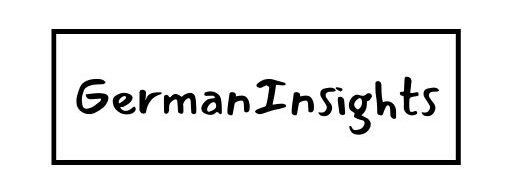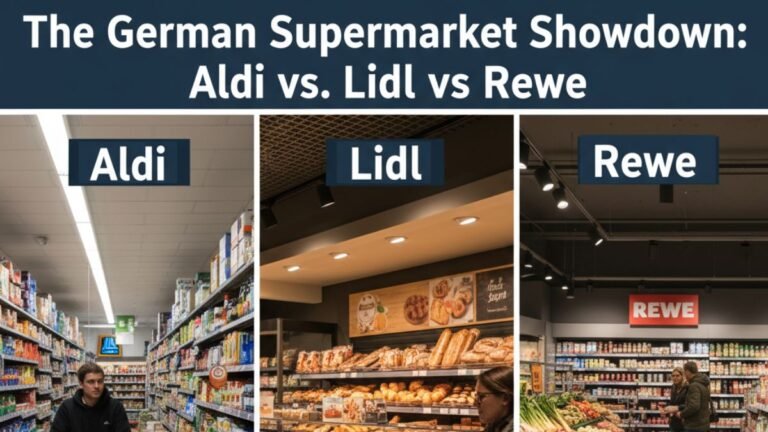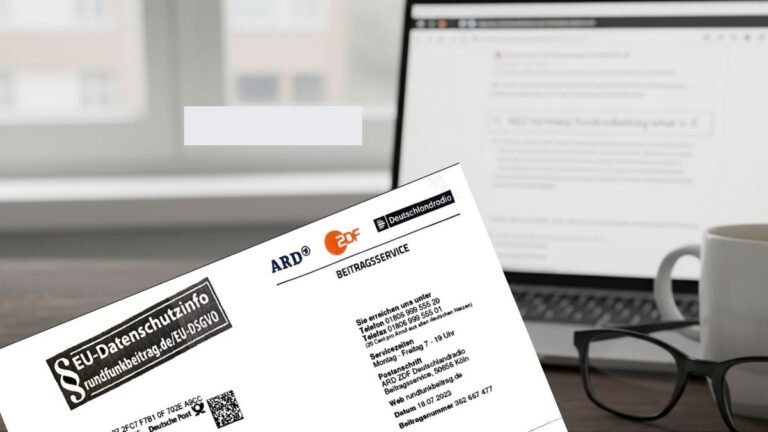Guide to Finding an Apartment in Germany

Moving to Germany and finding an apartment can be a competitive process, especially in major cities like Berlin and Munich. A strong application, understanding different housing types, and using the right resources will increase your chances of finding a place.
Where to search for apartments
- Immobilienscout24 and Immowelt: These are the largest online property portals in Germany, listing a wide variety of apartments.
- WG-Gesucht: Specializes in finding rooms in shared flats (
WohngemeinschaftorWG), a popular and often cheaper option for students and young professionals. It can also have listings for temporary rentals and individual apartments. - Wunderflats and Homelike: Platforms focused on furnished, long-term rentals, which can be useful for initial or temporary housing.
- Kleinanzeigen (formerly eBay Kleinanzeigen): This site offers private listings, including some not found on larger platforms. Exercise caution, as there can be scams.
- Facebook Groups: Expat and city-specific housing groups often have listings and useful advice.
- Local Newspapers: The weekend editions of local papers can still be a source for rental ads, especially in smaller towns.
- Housing Companies: Inquire with local housing associations and cooperatives, though some may have waiting lists.
Prepare your application documents
Landlords in Germany typically expect a comprehensive set of documents, so have a folder ready to submit at viewings.
- Identification: A copy of your valid passport or ID.
- Proof of Income (
Einkommensnachweis): Usually, the last three months of payslips or a copy of your employment contract. - Credit Report (
SCHUFA): A credit report showing your financial reliability. If you are new to Germany, explain this and provide alternative proof of financial stability, such as bank statements. - Rental Reference (
Mietschuldenfreiheitsbescheinigung): A letter from your previous landlord confirming that you have no outstanding rent debts. - Personal Introduction Letter: A brief letter about yourself, your job, and why you want to live in the apartment.
Average Rent Prices in Major Cities (as of 2025)
Rental prices vary significantly across Germany. Here’s a general overview of the average rent per square meter (Kaltmiete) in some major cities. Note that these are averages and can fluctuate based on the exact location and condition of the apartment.
| City | Average Rent per sq. meter |
| Munich | €20 – €25 |
| Berlin | €15 – €22 |
| Frankfurt | €16 – €21 |
| Hamburg | €14 – €19 |
| Stuttgart | €15 – €20 |
| Cologne | €13 – €17 |
| Düsseldorf | €12 – €16 |
Understanding rent and contracts
Kaltmietevs.Warmmiete: Pay attention to the distinction between the basic rent (Kaltmiete) and the total rent (Warmmiete), which includes utilities and other services.- Security Deposit (
Kaution): A security deposit of up to three months’ rent is standard. Anmeldung(Address Registration): Within two weeks of moving in, you must register your new address at the local registration office (Bürgeramt) using a confirmation from your landlord.- Avoid scams: Be wary of requests to transfer money before you have viewed the property or signed a contract.
Alternative housing options
- Shared Flats (
WG): A common and cost-effective option, particularly for students and young professionals. - Serviced Apartments: Fully furnished options for short-term stays, often found on platforms like Wunderflats and Homelike.
- Subletting (
Untermiete): Renting from an existing tenant for a temporary period. - Student Halls of Residence: An inexpensive option for students, though you must apply early and may face a waiting list.
Tips for a successful search
- Start early: Begin your search at least three months before your move, as the rental market is competitive.
- Be prepared and prompt: Have your application documents ready to go and act quickly when a promising listing appears.
- Create a strong impression: Dress professionally for viewings and be prepared to answer questions. It can also be helpful to have a German-speaking companion.
- Consider smaller cities: If you want a more affordable option, consider smaller cities outside of major metropolitan areas.
If you’re looking for more blog like How Much is Rent in Frankfurt? and How to Calculate Your Net Salary in Germany (After Taxes) subscribe to join us.






